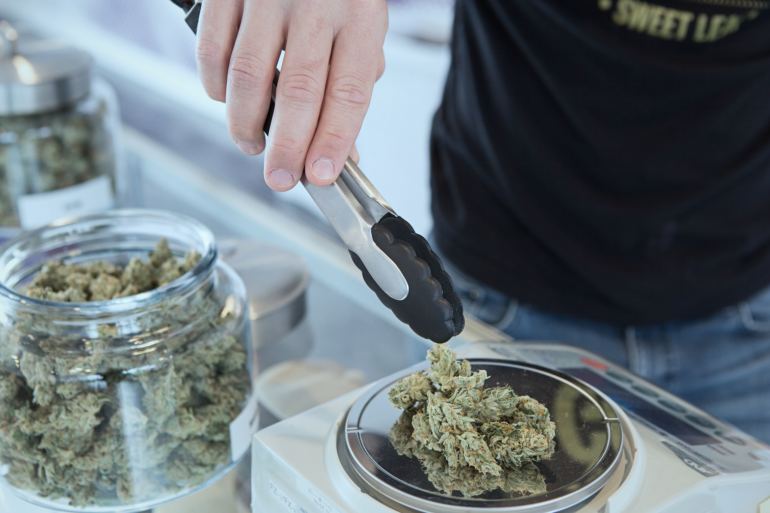Legal Update
Jun 29, 2020
New York City Adopts Rules Clarifying the “Safety-Sensitive” Exception for Pre-Employment Marijuana Tests
Seyfarth Synopsis: On June 16, 2020, the New York City Commission on Human Rights adopted new rules clarifying the catch-all “safety-sensitive” exception to the prohibition against New York City employers requiring job applicants to submit to a pre-employment drug test for THC (marijuana or cannabis). The rules are effective July 24, 2020.
As we previously reported here, effective May 10, 2020, it is considered an unlawful discriminatory practice in New York City for an employer, labor organization, or employment agency to require a job applicant to submit to a marijuana test as a condition of employment. The law states that it does not apply to people applying to work in the following positions:
- positions in law enforcement;
- certain construction jobs (as defined in the law);
- any position requiring a commercial driver’s license;
- positions requiring the supervision or care of children, medical patients, or vulnerable persons (as defined in the law); and
- positions with the “potential to significantly impact the health or safety of employees or members of the public,” as determined by rules promulgated by the City.
The law also does not apply to drug testing required pursuant to: (1) Department of Transportation (Part 40) or state or local drug testing regulations; (2) federal contracts between the federal government and an employer or any grant of federal assistance from the federal government to an employer that mandates drug testing; (3) any federal or state statute, regulation, or order that requires drug testing of prospective employees for purposes of safety or security; and (4) any applicants whose prospective employer is a party to a valid collective bargaining agreement that specifically addresses the pre-employment drug testing of the applicants.
As noted above, the law does not apply to positions with the “potential to significantly impact the health or safety of employees or members of the public,” as determined by rules promulgated by the City. On June 16, 2020, the Commission issued rules that set out the types of positions that fit within this exception. Specifically, a position qualifies if:
- the position requires that an employee regularly, or within one week of beginning employment, work on an active construction site;
- the position requires that an employee regularly operate heavy machinery;
- the position requires that an employee regularly work on or near power or gas utility lines;
- the position requires that an employee operate a motor vehicle on most work shifts;
- the position requires work relating to fueling an aircraft, providing information regarding aircraft weight and balance, or maintaining or operating aircraft support equipment; or
- impairment would interfere with the employee’s ability to take adequate care in the carrying out of his or her job duties and would pose an immediate risk of death or serious physical harm to the employee or to other people.
The City added that a “significant impact on health and safety” does not include concerns that a positive test for THC or marijuana indicates a lack of trustworthiness or lack of moral character.
New York City employers intending to rely on this “safety-sensitive” exception should consult with experienced employment counsel to assess whether the position at issue meets the Commission’s new definition. Employers in all jurisdictions should review their existing drug testing or substance abuse policies and determine how best to address any applicant or employee positive test result for marijuana. In jurisdictions like New York City and Nevada, which we previously reported here has a law that prohibits most employers from considering a pre-employment positive marijuana test result, employers may also need to consider working with their drug testing vendors and Medical Review Officers to ensure that job applicants are not tested for marijuana or that such tests are not reported in the final test result. We know that more states are enacting medical and recreational marijuana laws and courts have issued employee-friendly decisions addressing existing laws, which makes it particularly important for employers to stay ahead of this evolving area of the law.
Seyfarth Shaw LLP provides this information as a service to clients and other friends for educational purposes only. It should not be construed or relied on as legal advice or to create a lawyer-client relationship. Readers should not act upon this information without seeking advice from their professional advisers.

